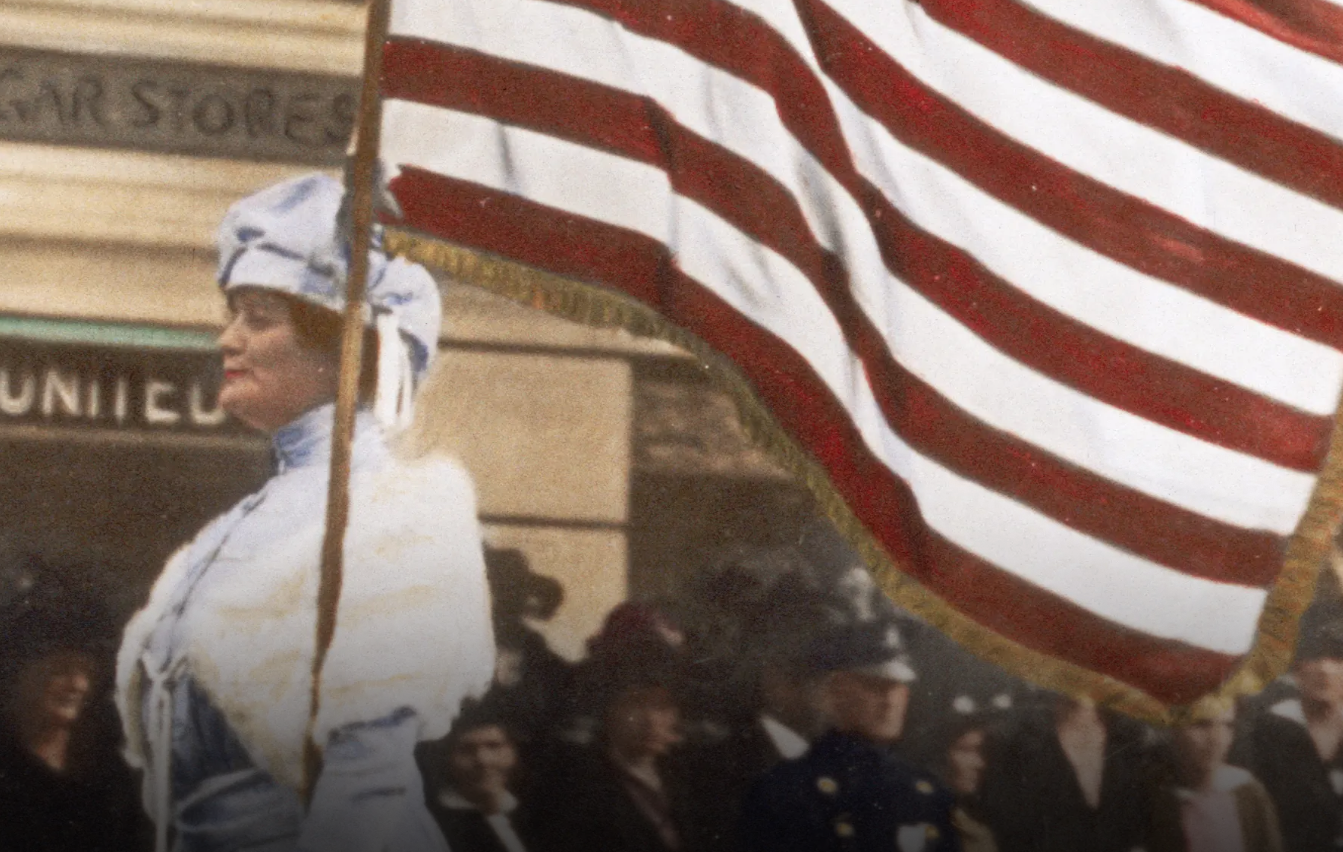Women’s History Month, an annual celebration throughout March, stands as a testament to the impact women have made on our society. Since 1987, this month-long observance has provided an opportunity for communities across the United States to reflect on and honor the remarkable contributions women have made to history, culture, and society. From March 1 to March 31, 2025, Americans will once again engage in this important tradition that highlights achievements often overlooked in traditional historical narratives.
What began as a local initiative has grown into a national celebration that acknowledges women’s pivotal roles in shaping our nation. The recognition encompasses trailblazers across all walks of life—from political figures like Abigail Adams, who advocated for women’s rights before the nation’s founding, to civil rights icons like Rosa Parks, whose courage transformed American society. This dedicated period offers a chance to explore women’s accomplishments and the ongoing journey toward equality.
The celebration’s roots trace back to Sonoma, California, where, in 1978, a school district organized a weeklong celebration showcasing women’s contributions. This grassroots educational initiative included school presentations, student essay contests focusing on “Real Women,” and a parade through downtown Santa Rosa. What started as a community-based educational program quickly gained momentum, spreading to school districts and organizations throughout the country, demonstrating the widespread desire to acknowledge women’s historical significance.
This local movement gained national recognition when President Jimmy Carter issued the first presidential proclamation in 1980, officially designating the week of March 8 as National Women’s History Week. The following year, Congress passed a resolution establishing this national celebration. The momentum continued to build, and by 1987, thanks to successful advocacy by the National Women’s History Project, Congress expanded the commemoration to encompass the entire month of March, creating what we now know as Women’s History Month.
Women’s History Month shares a connection with International Women’s Day, observed annually on March 8. This global celebration of women’s economic, political, and social achievements first took place in March 1911 and has since evolved into a worldwide phenomenon. The United Nations has officially sponsored International Women’s Day since 1975, recognizing that securing peace, social progress, and human rights requires women’s active participation and acknowledging their vital contributions to strengthening international peace and security.
This connection between the national month-long observance and the international day of recognition creates a platform for highlighting women’s global impact. In many countries, International Women’s Day is marked with demonstrations, educational initiatives, and cultural customs like presenting women with gifts and flowers—a testament to the universal importance of recognizing women’s historical and ongoing contributions to humanity.
For 2025, the National Women’s History Alliance has designated “Moving Forward Together” as the theme, celebrating “Women Educating and Inspiring Generations.” This focus honors the collective strength, equality, and influence of women who have dedicated their lives to education, mentorship, and leadership. The theme recognizes how women have shaped minds and futures across generations, emphasizing their role in building knowledge, inspiring change, and fostering growth in communities nationwide.
The month-long observance is also enriched by powerful words from influential women throughout history. Eleanor Roosevelt’s observation that “Women are like teabags. We don’t know our true strength until we are in hot water” speaks to resilience in challenging times.
Meanwhile, Shirley Chisholm’s advice—”If they don’t give you a seat at the table, bring a folding chair”—continues to inspire women to claim their rightful place in decision-making spaces. These quotes, along with wisdom from figures like Maya Angelou, Rosa Parks, and Malala Yousafzai, offer inspiration and perspective as we celebrate women’s ongoing journey toward full equality and recognition.






